Lists
















16 Music Artists, 11 Books, 5 Podcasts, 3 Games
Maybe I'll check it out later
Sort by:
Recent Desc
More lists by gothsloth


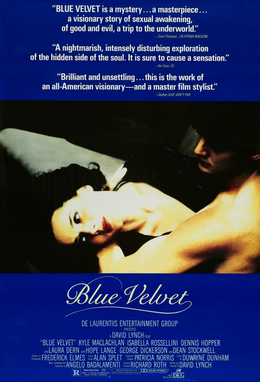
WTF along for the ride...
Movies I recommend that take you along for the ride.
November 2020
2
@AngryLittleGothGirl
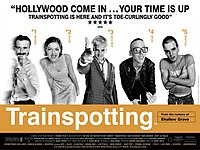
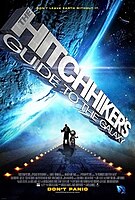
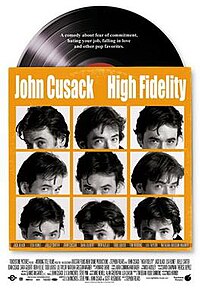
To watch
List includes: Trainspotting, The Hitchhiker's Guide to the Galaxy, High Fidelity
November 2020
0
@AngryLittleGothGirl
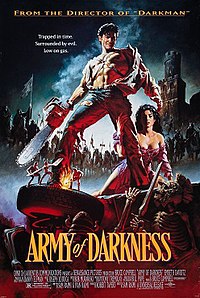


Let's get weird
I think the title speaks for itself...
May 2020
3
@AngryLittleGothGirl
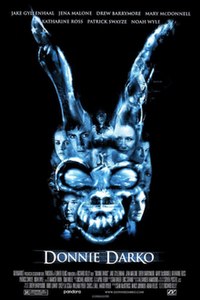


Favorite feels
I didn't specify what type of feels, ya feel?
May 2020
0
@AngryLittleGothGirl
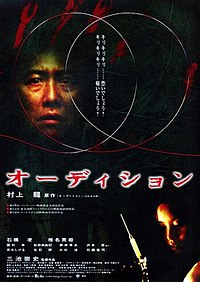

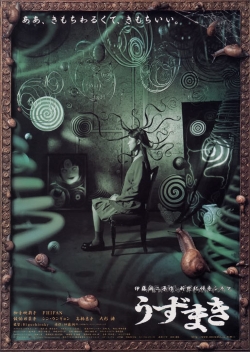
Asian Horror
Asian horror that I highly recommend
April 2020
0
@AngryLittleGothGirl



Sludgy Digi Grime Noise
Some of my fave heavy music with elements of noise, industrial, electronic, witchhouse, and EBM.
March 2020
3
@AngryLittleGothGirl



Post whatever music
Post punk, post grunge, post hardcore...post WHATEVER you call it bands that I dig
October 2019
1
@AngryLittleGothGirl